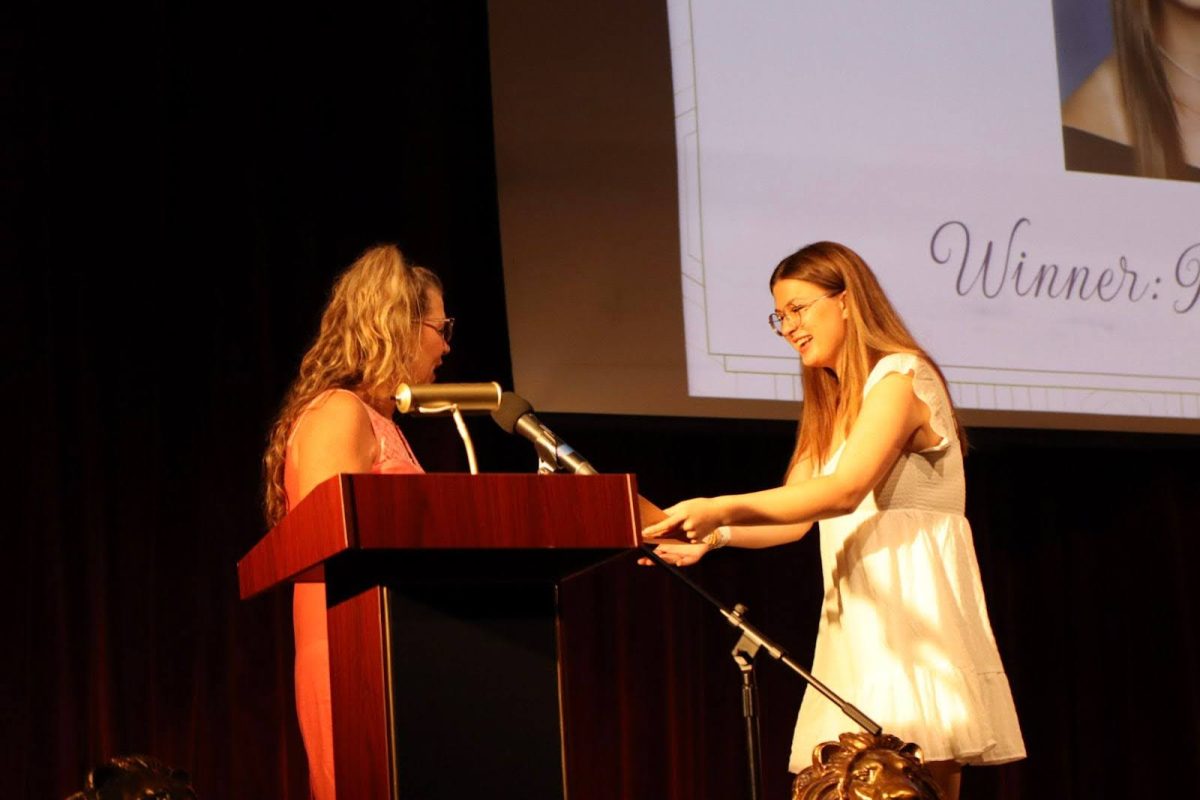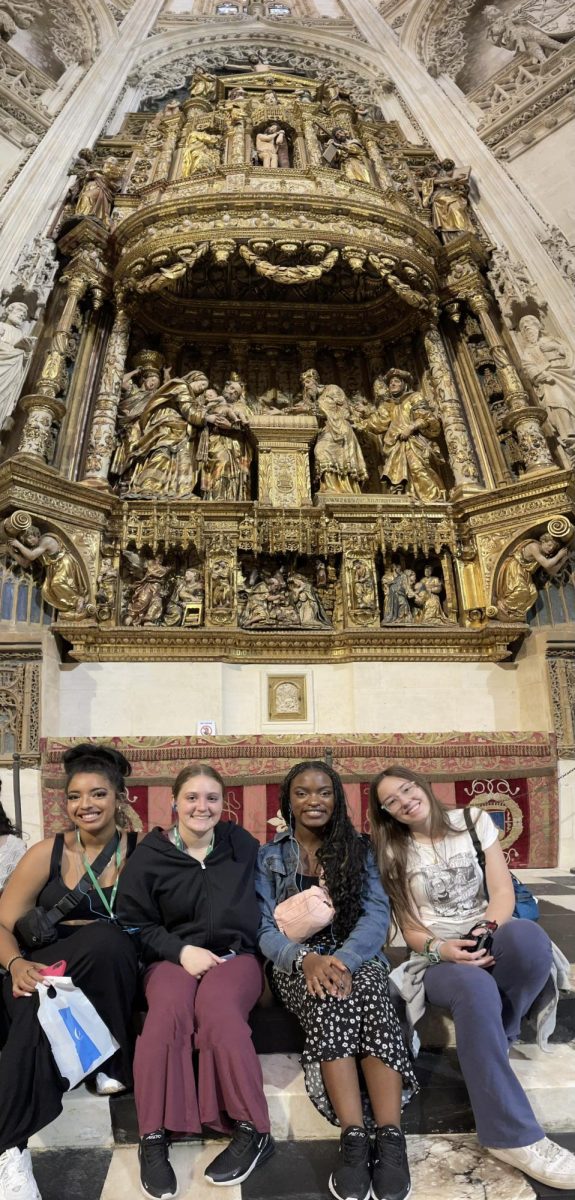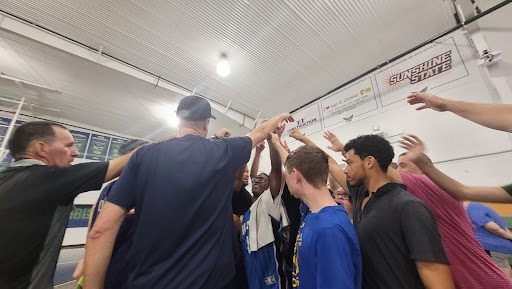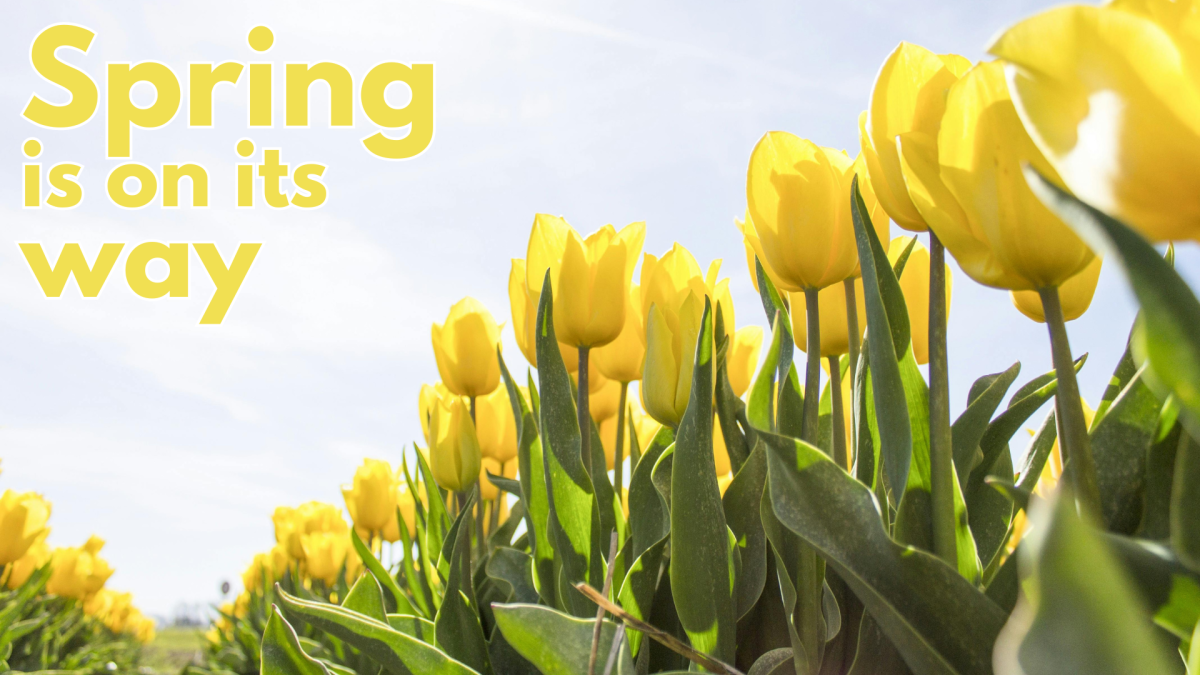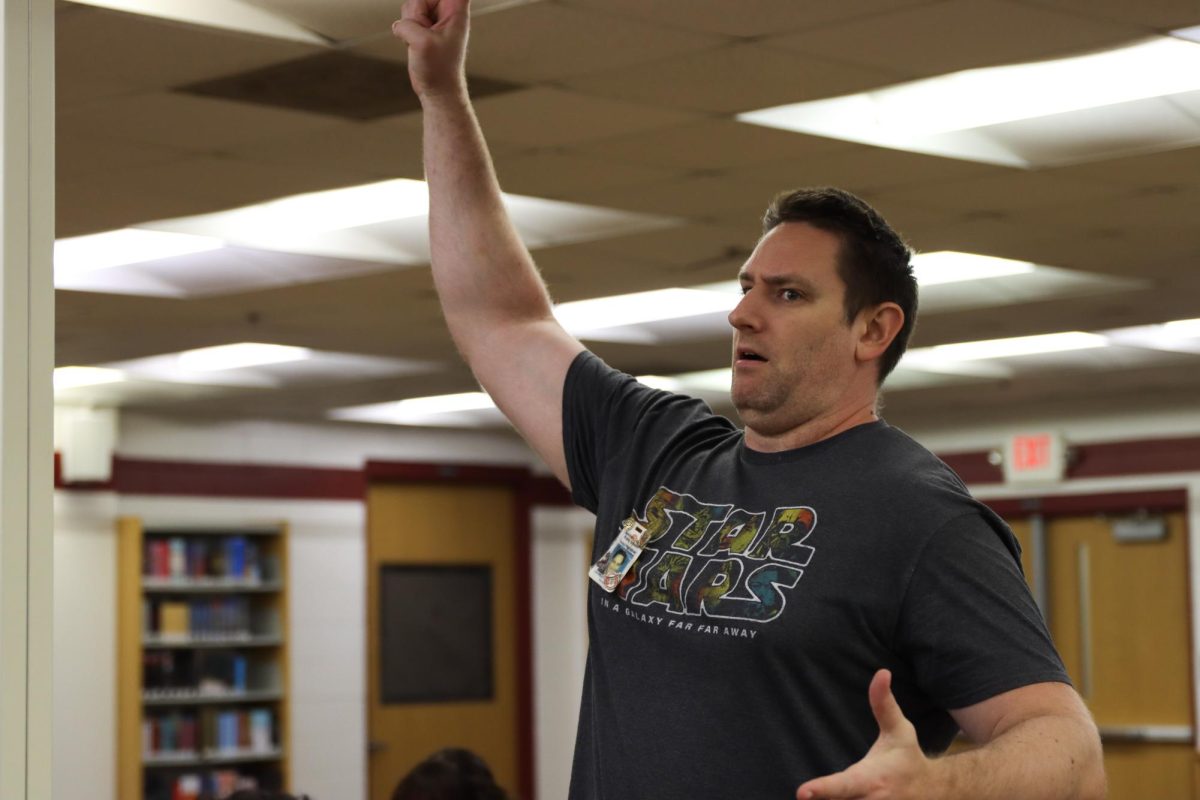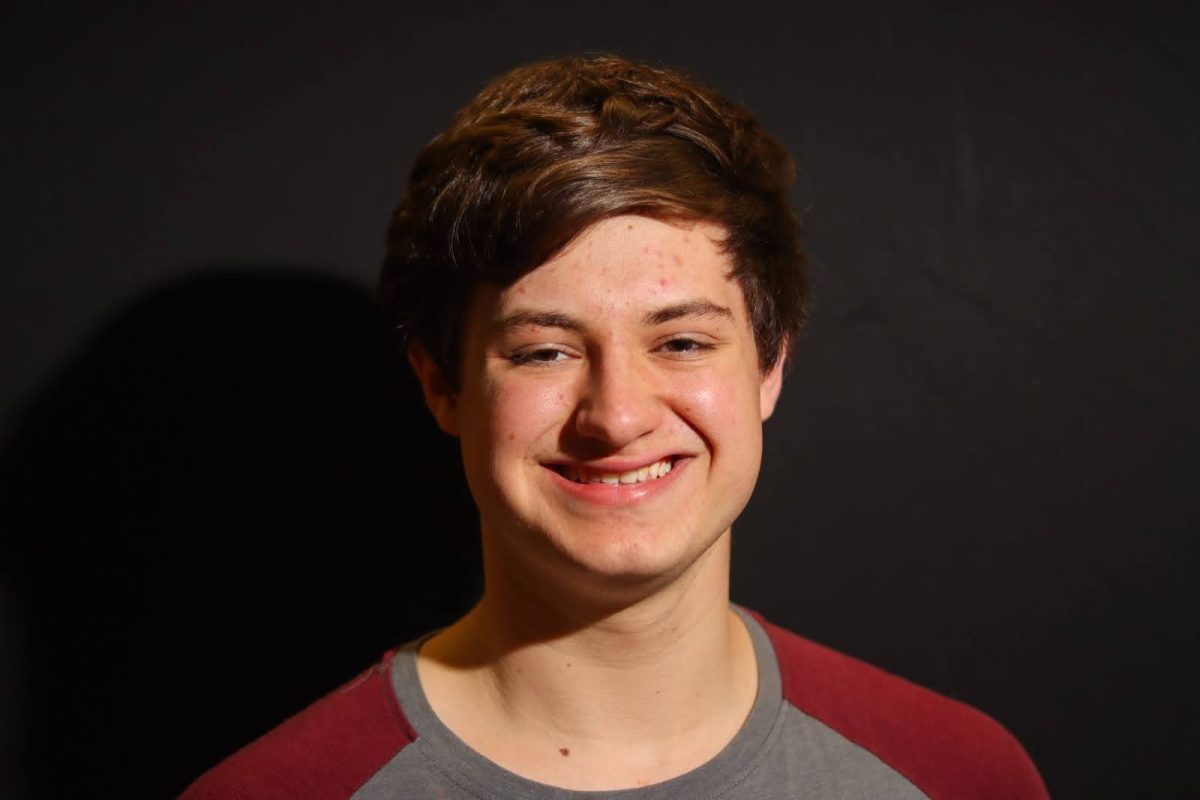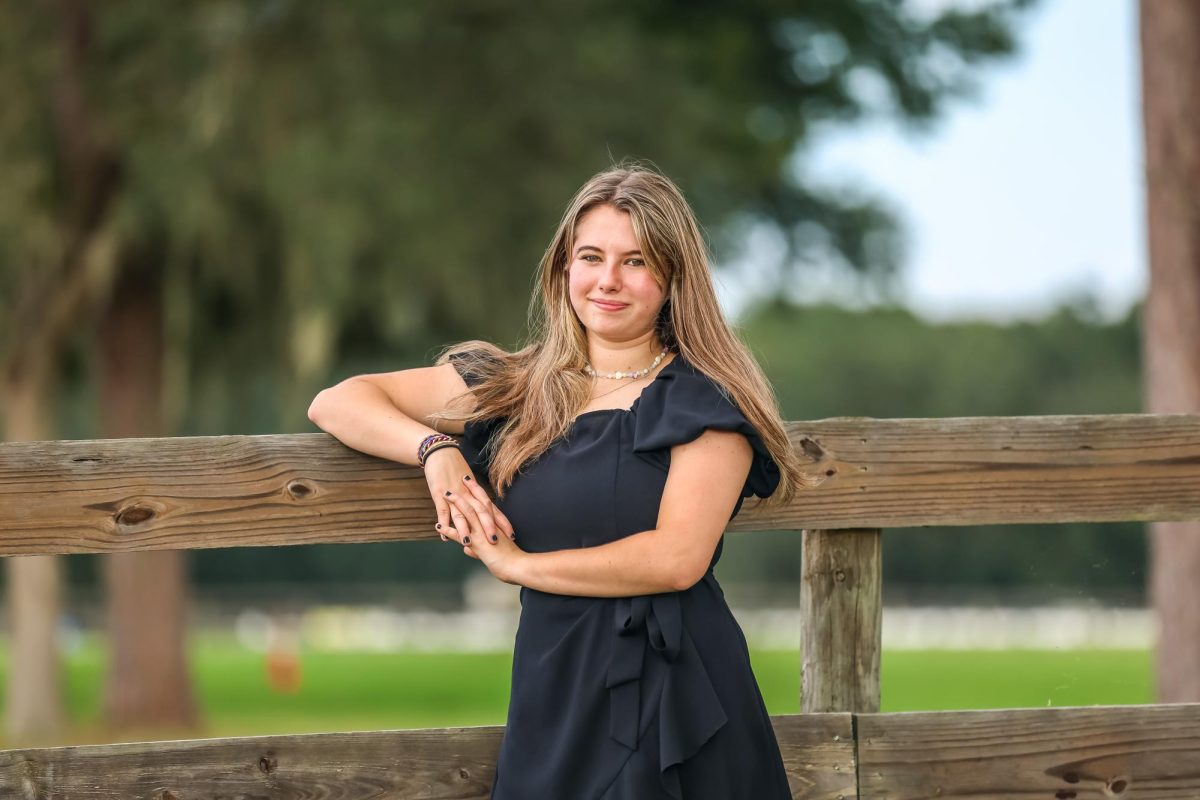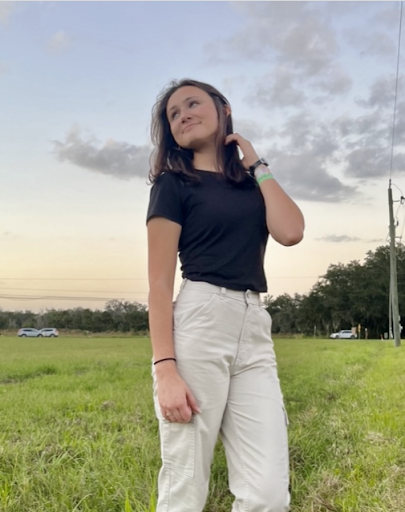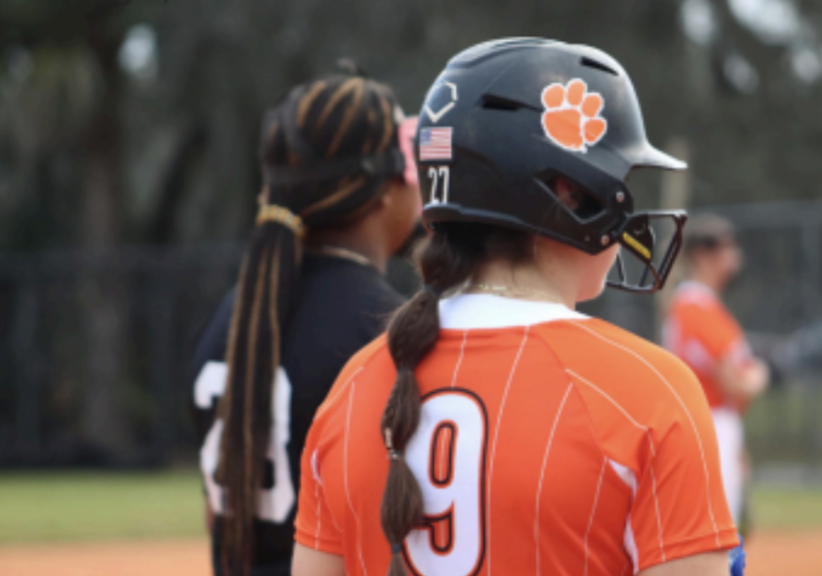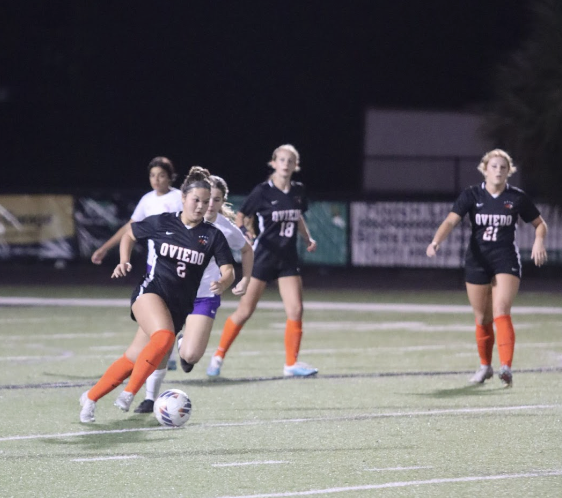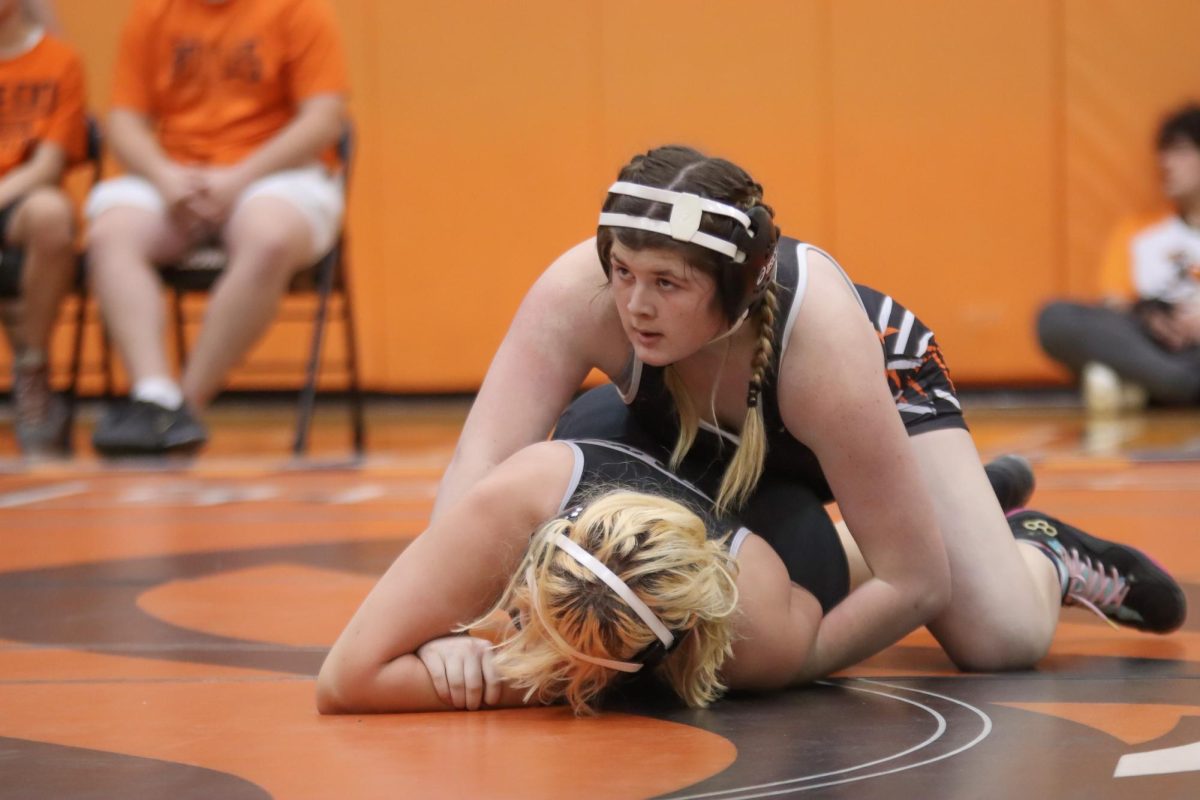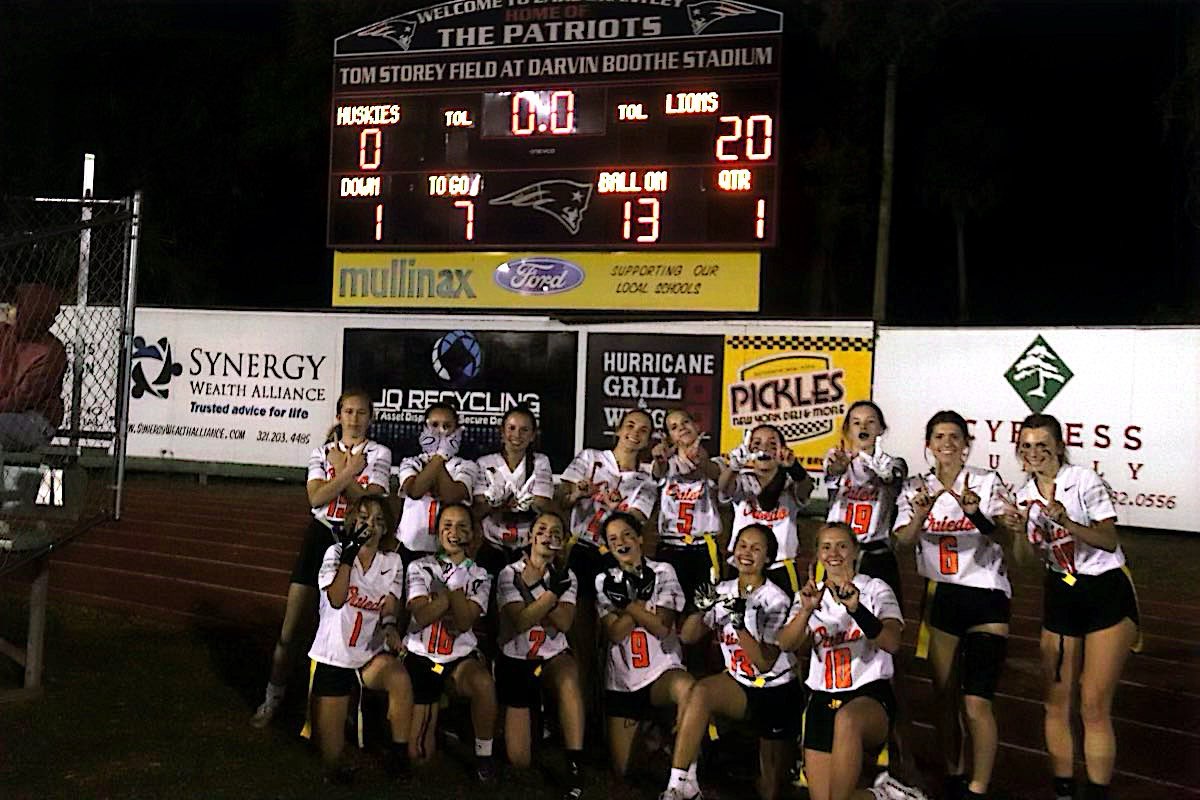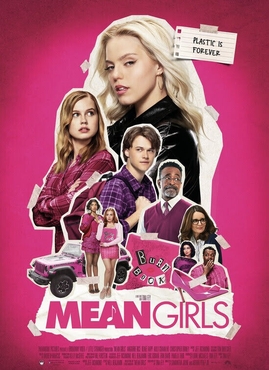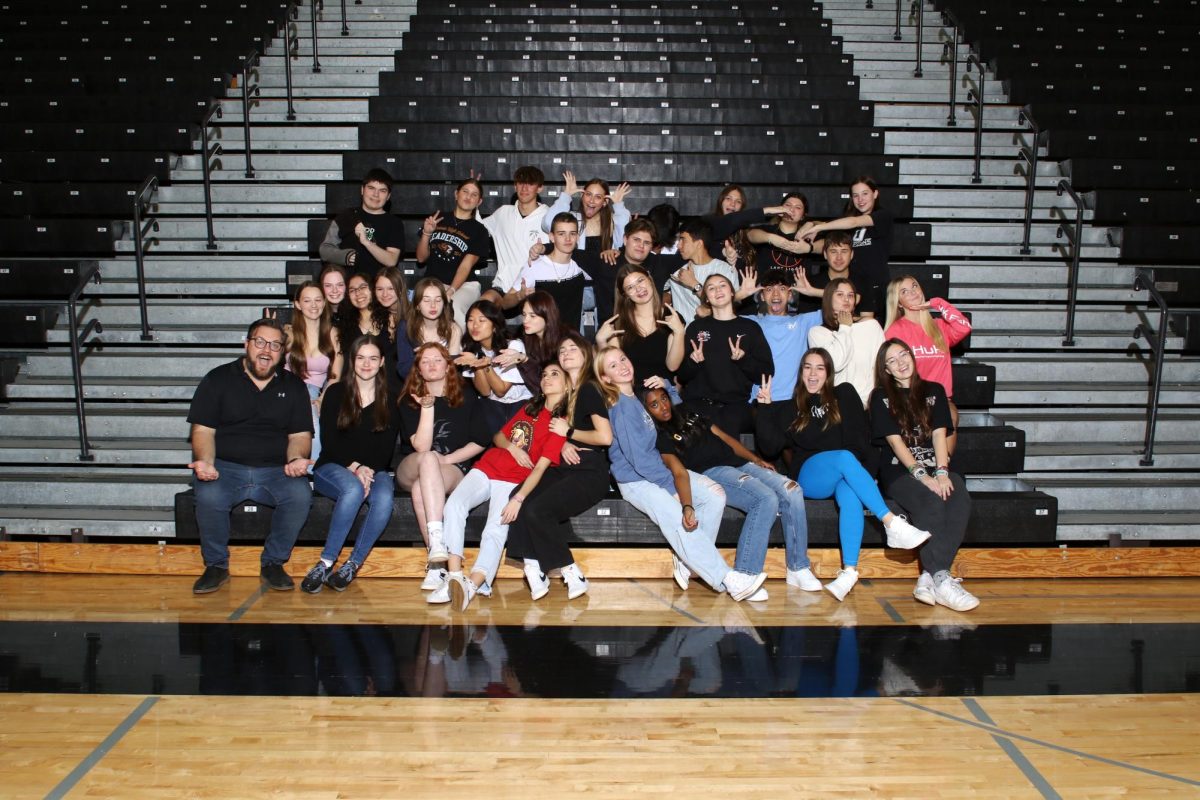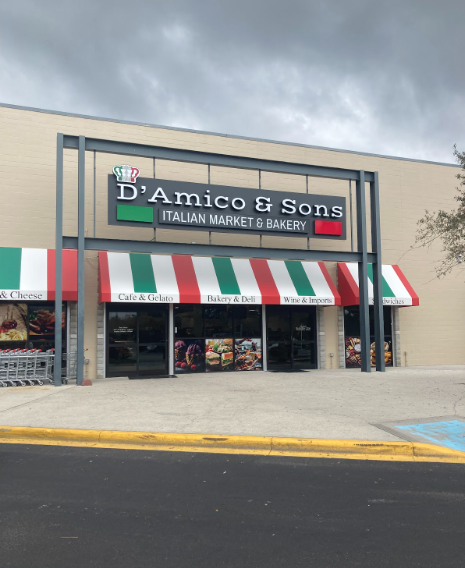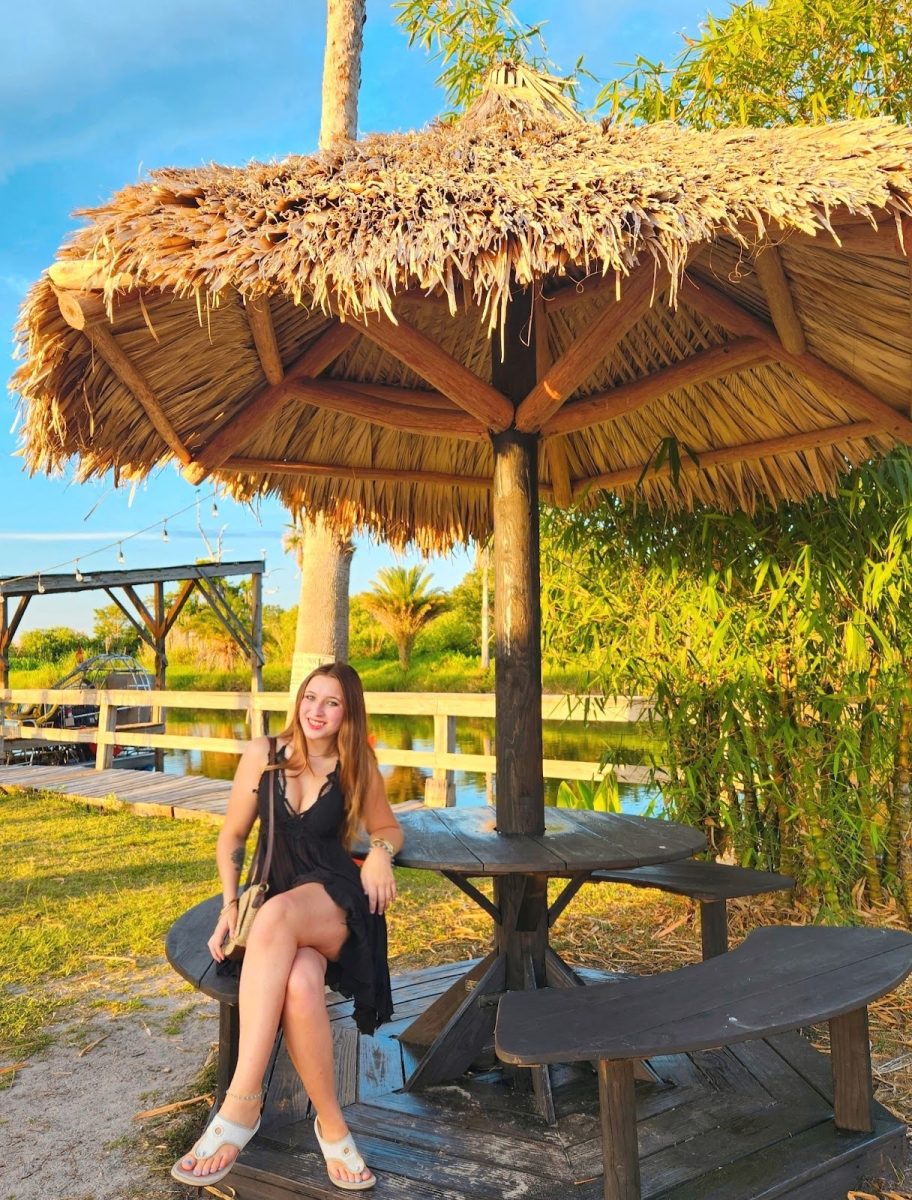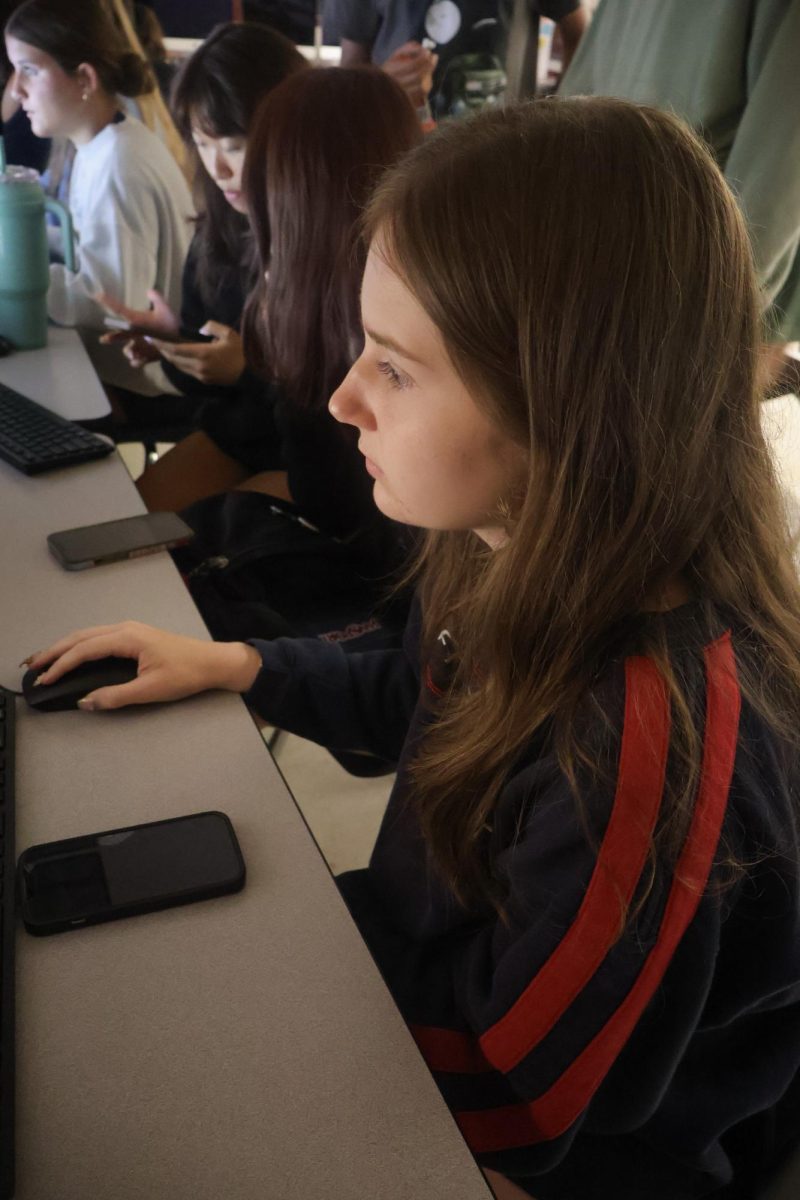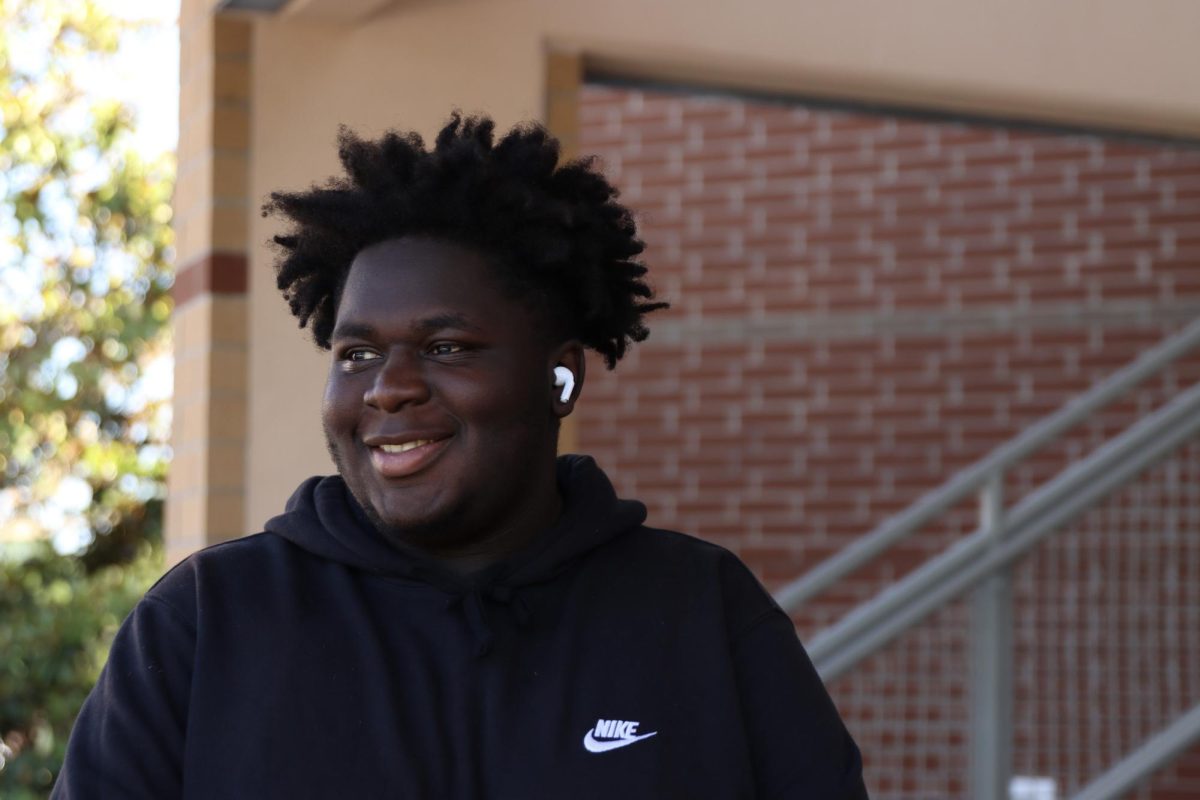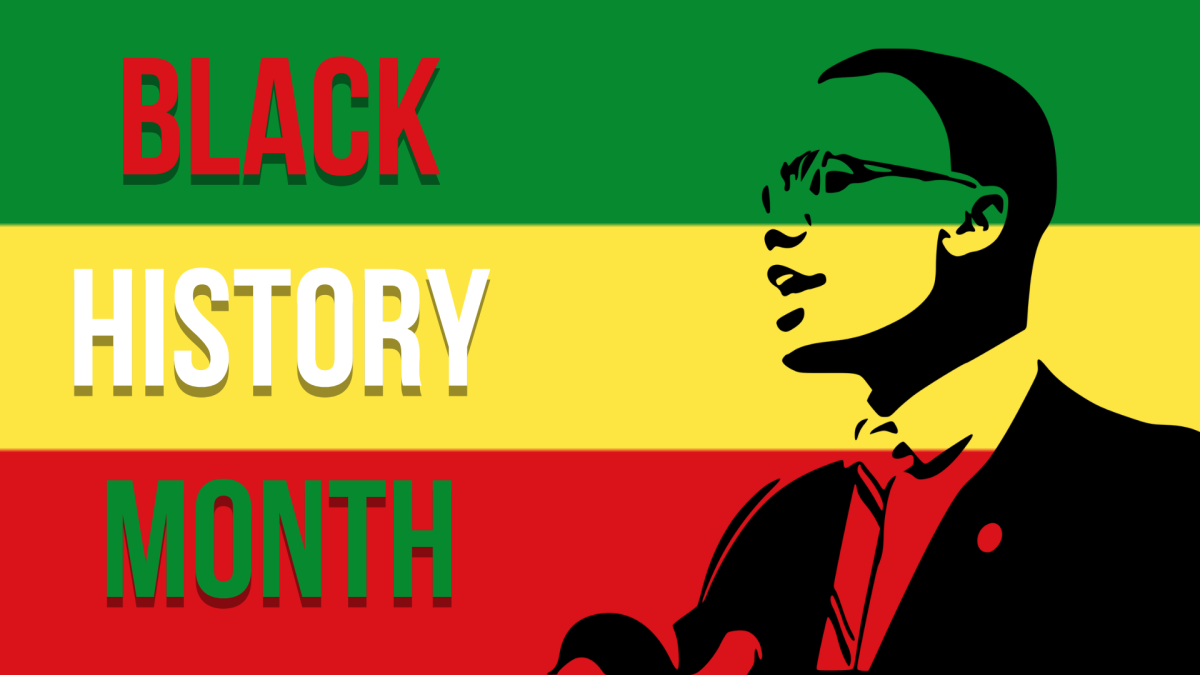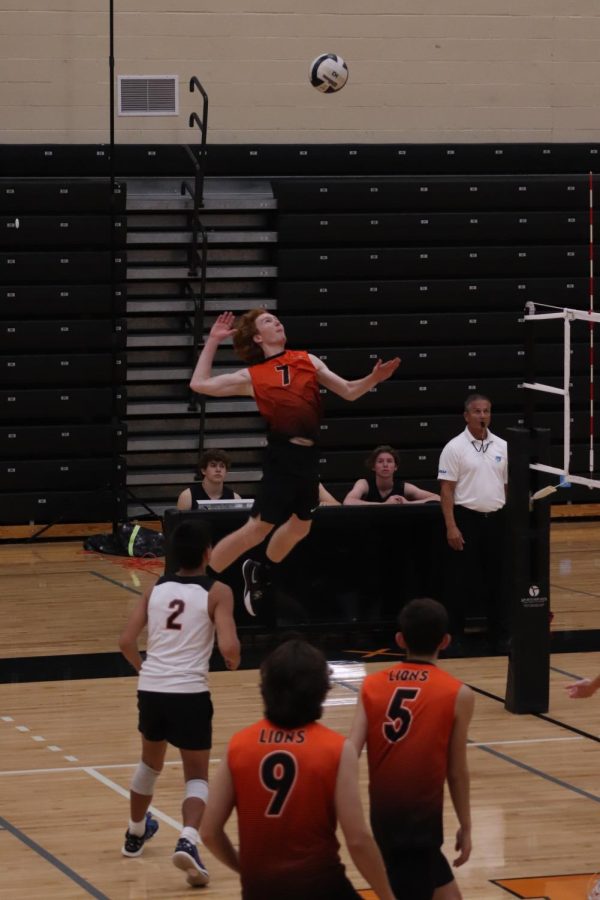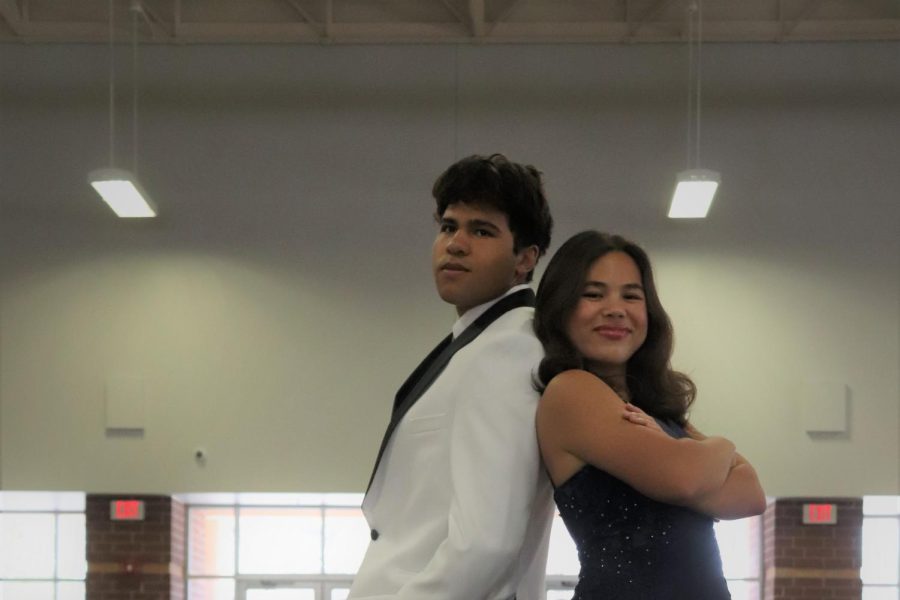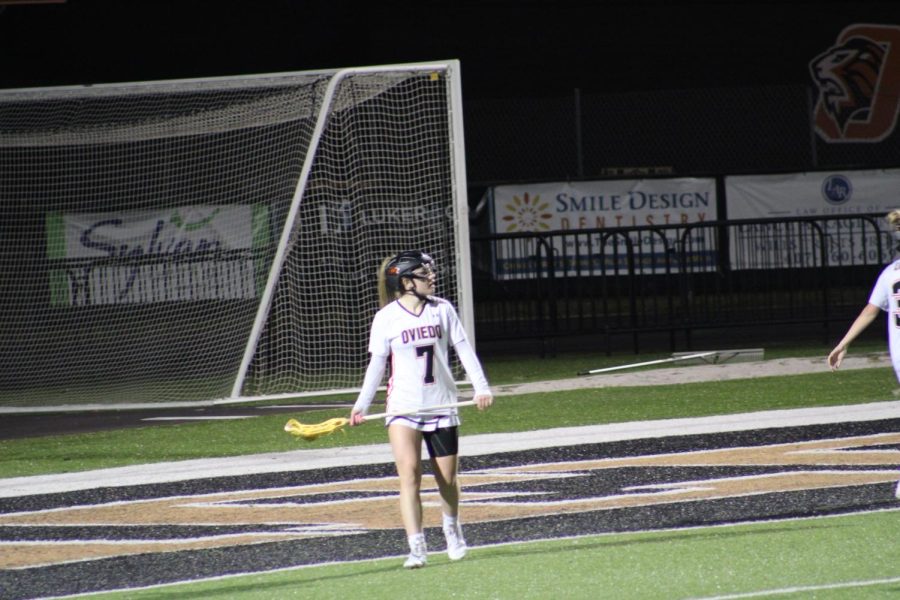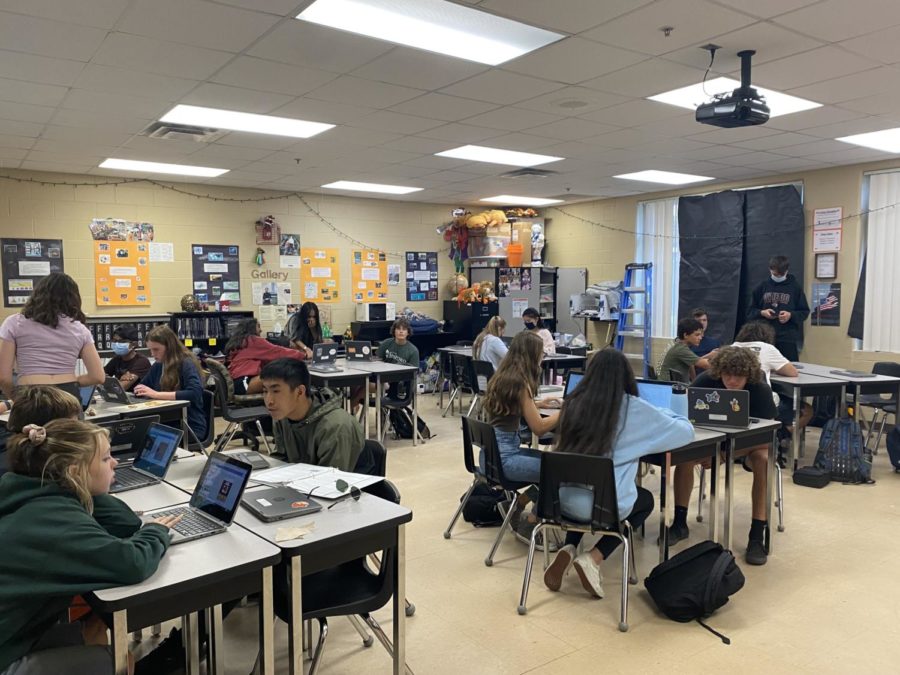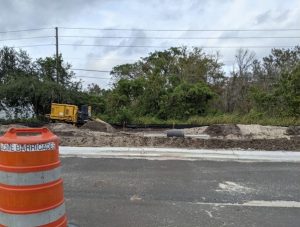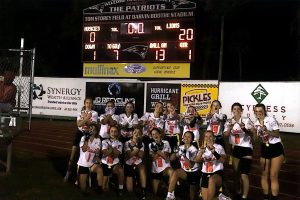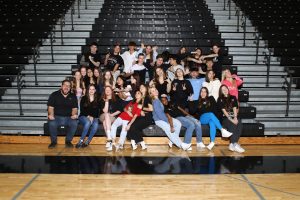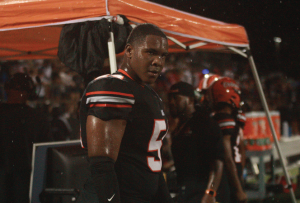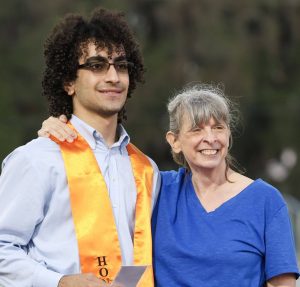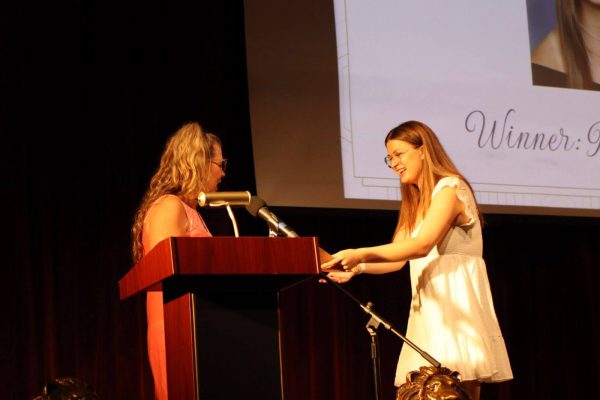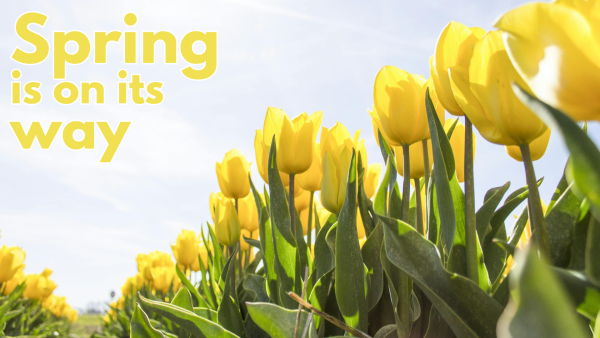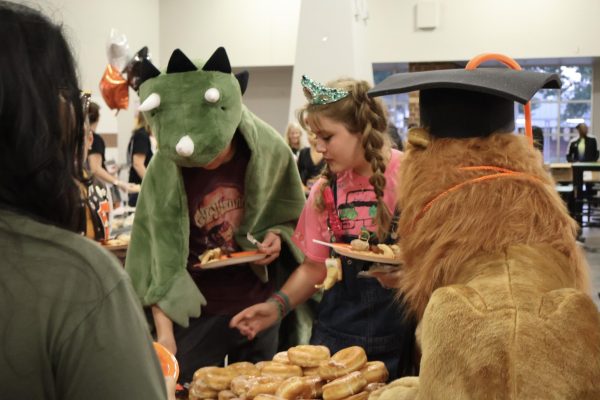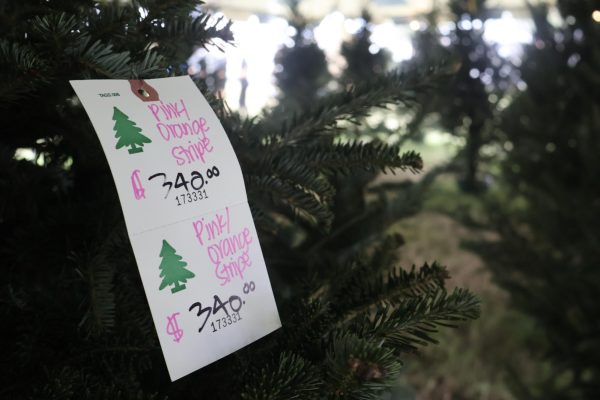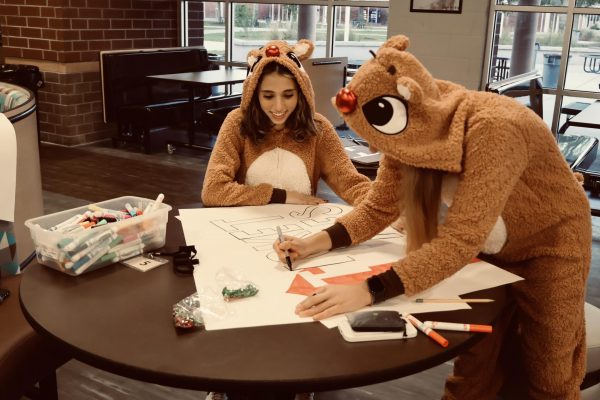AP Human Geography class project addresses food insecurity
AP Human Geography students work on the food drive.
May 19, 2022
The AP Human Geography with Service class at Oviedo High School has started a food drive to address the problem of food insecurity and hunger in the local community. Donations will be accepted at the front office until Friday, May 20th. The class has reviewed information surrounding food insecurity in both the global and local communities and has chosen to adopt a local approach.
The food drive is mostly student-led, with AP Human Geography teacher Kimberly McKernan allowing her students to assess solutions to problems in Oviedo and Central Florida as a whole.
According to Feeding America, food insecurity is defined as when a person or family does not have reliable access to healthy and nutritious food. Ways to help locally include donating food and other goods to food banks and other charities, educating others about the issue, and working with local organizations. According to Second Harvest Food Bank, one in seven people as a whole and one in five children in Central Florida live in food insecure households, a problem exacerbated by the COVID-19 pandemic.
“We’re doing a food drive to benefit our community and to learn the real world concepts that AP Human Geography teaches in a service-based environment,” said freshman Colin Gibbons.
AP Human Geography students have differing opinions as to how the project will be successful.
“I think it’ll be somewhat effective in our community because we have such a big school. We have more influence for a food drive than some of the smaller elementary and middle schools,” said freshman Zakariya Rashied.
“We need to come together as a school to make sure that this food drive will work and that everyone in our community is fed. It won’t be successful if we do not work together,” said freshman Andrew Yi.
“It will bring awareness to the amount of food insecurity in our community. I like knowing that I’m making a difference in school and not just learning about these concepts,” said Gibbons.

